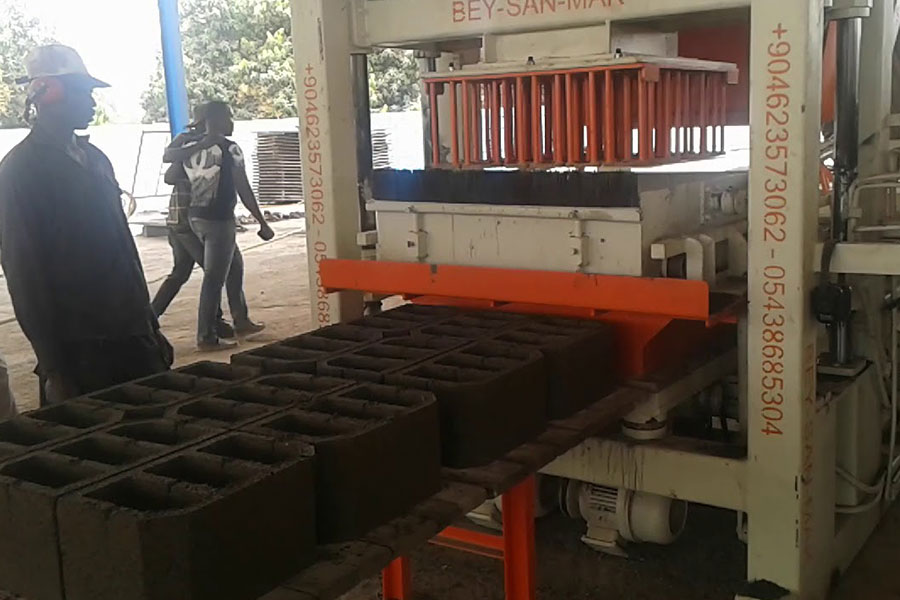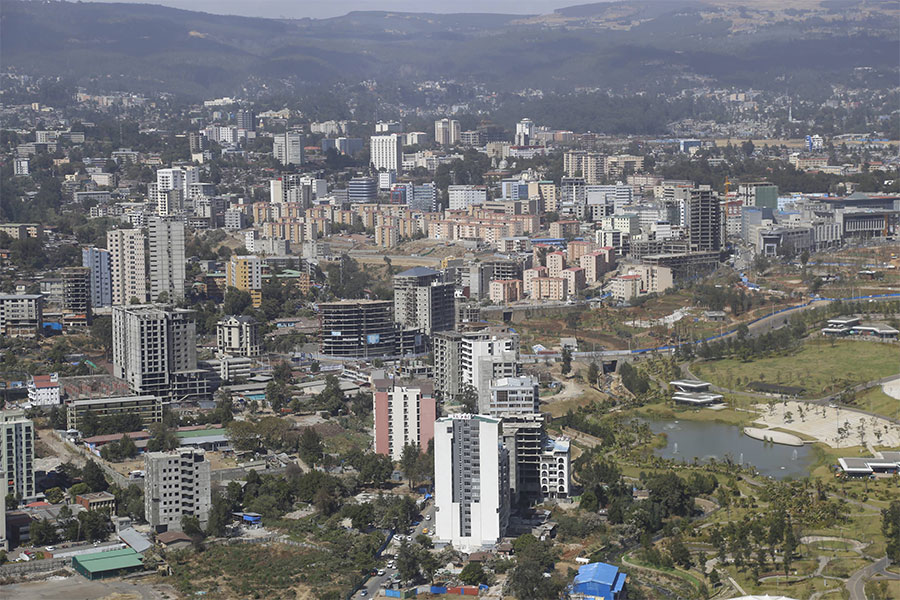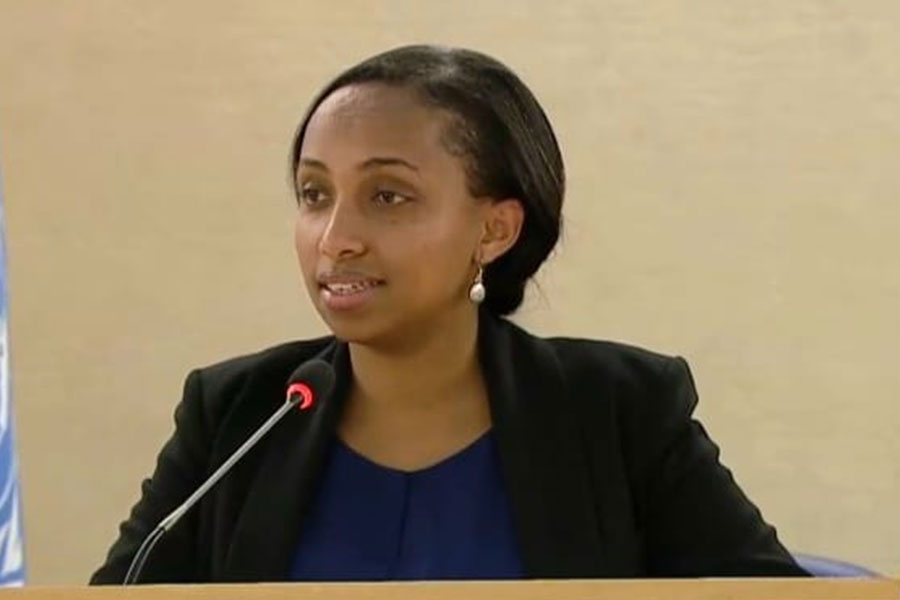
A new law addressing the occupational health and safety (OHS) of construction workers will soon arrive in the capital.
Drafted by the Addis Abeba City Construction Bureau, the new regulation, Occupational Health & Safety for Construction Workers, will be sent to the Addis Abeba Attorney General's Office this week for review. The bill, which is expected to be ratified by the City Council, will likely be enacted in two months.
It includes the professional safety responsibilities to be considered by consultants, contractors, sub-contractors, designers and workers during construction projects. It also considers how occupational health and safety guidelines can be included in the design, the tender documents and during contract administration.
The bill was up for discussion by professionals from the city’s labour and social affairs bureau, as well as professional associations and industry players including contractors, architects and consultants.
Though no specific full-fledged law is dedicated to construction safety, the Addis Abeba City Integrated Infrastructure Development, Construction Permit & Control Authority obliges private construction projects to incorporate expenses for Occupational Health & Safety in their application to get a construction permit. The city's Construction Bureau does the same for public projects.
The Authority, which has issued 40,000 construction permits so far, also conducts inspections on safety guidelines, according to Solomon Kassa, deputy director general of the Authority, though he added that the inspections have some gaps.
"We have limited staff," Solomon said.
The Authority conducts random and formal inspections on construction sites to see how the health and safety guidelines are implemented. It has the authority to ban construction work for any violations of OHS laws.
In labour law, occupational health and safety issues are only briefly discussed in some articles, according to Zerihun Gezahegn, an adviser to the state minister of Labour & Social Affairs.
"The Ministry is understaffed to conduct inspections and enforcement," said Zerihun, adding that his Ministry has only 500 inspectors for occupational health and safety guideline inspection.
Due to this and other factors, accidents during construction are growing in the capital, according to data from the Fire, Emergency Prevention & Rescue Authority.
In just the past seven months of the current fiscal year, the number of deaths during construction reached seven in Addis Abeba, an increase from the entire previous fiscal year's tally of three.
Most of these accidents were encountered during construction of buildings, roads and soil excavation, according to Nigatu Mamo, communications director at the Authority.
"Scaffoldings and formworks are the most common causes of accidents, followed by lack of personal protective equipment," he said.
Though the International Labour Organisation recommends workers be protected from sickness, disease and injury arising from their employment, more than two million people die globally each year from work-related accidents or diseases, accounting for four percent of the world’s annual GDP.
Some private construction companies have already added occupational health and safety departments, which deals with these safety problems. Tekleberhan Ambaye Construction is one of them.
“We invest in the procurement of protective equipment and clothing,” said Goitom WoldeGabriel, deputy CEO of TACON.
However, the main challenge is from the employees, according to Goitom.
“When we go out for site visit, we observed that not all of the workers use them," he told Fortune.
Global Safety Requirement Specification obliges that a safety officer should be assigned at any construction site that has over 20 employees. If the number of employees exceeds 100, a full-time OHS staff should be hired, according to the specification.
Most of the construction operators are not complying with safety guidelines from the perspective of cost minimisation, according to Abebe Dinku (Prof.), a civil engineer and a university lecturer with over three decades of experience.
"But they spend even higher when fatal accidents occurred,” he told Fortune.
PUBLISHED ON
Apr 26,2019 [ VOL
20 , NO
991]

Fortune News | Apr 30,2022

Radar | Feb 01,2020

Viewpoints | Oct 08,2022

Agenda | Feb 19,2022

Fortune News | Apr 28,2025

Dec 22 , 2024 . By TIZITA SHEWAFERAW
Charged with transforming colossal state-owned enterprises into modern and competitiv...

Aug 18 , 2024 . By AKSAH ITALO
Although predictable Yonas Zerihun's job in the ride-hailing service is not immune to...

Jul 28 , 2024 . By TIZITA SHEWAFERAW
Unhabitual, perhaps too many, Samuel Gebreyohannes, 38, used to occasionally enjoy a couple of beers at breakfast. However, he recently swit...

Jul 13 , 2024 . By AKSAH ITALO
Investors who rely on tractors, trucks, and field vehicles for commuting, transporting commodities, and f...

Jul 12 , 2025
Political leaders and their policy advisors often promise great leaps forward, yet th...

Jul 5 , 2025
Six years ago, Ethiopia was the darling of international liberal commentators. A year...

Jun 28 , 2025
Meseret Damtie, the assertive auditor general, has never been shy about naming names...

Jun 21 , 2025
A well-worn adage says, “Budget is not destiny, but it is direction.” Examining t...